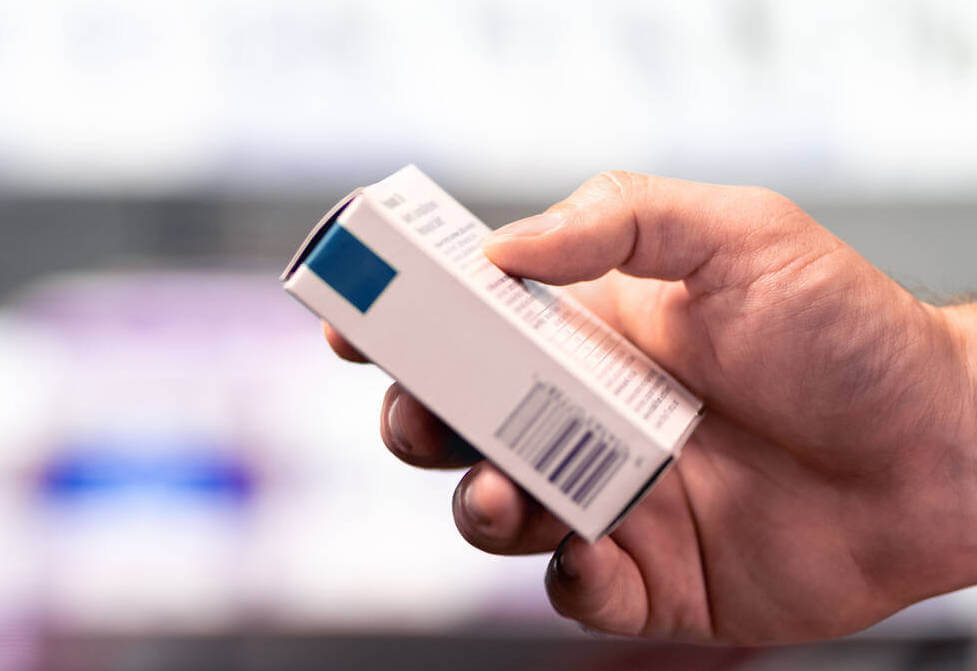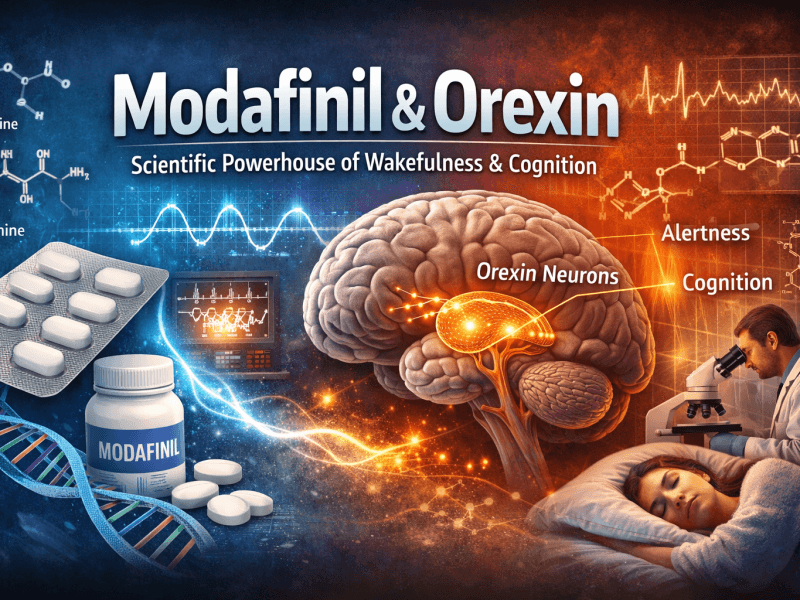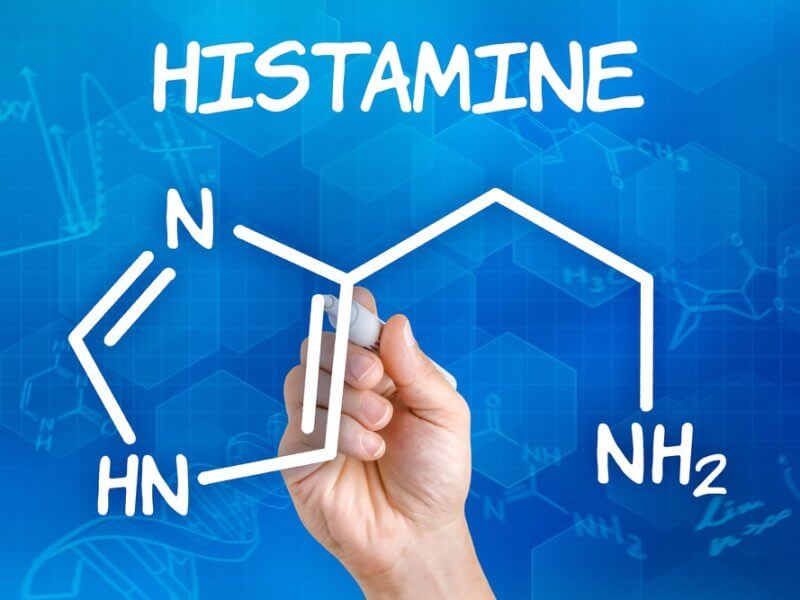Understanding Modafinil’s Mechanism and Perceived Benefits
Modafinil acts on the central nervous system to promote wakefulness and cognitive alertness. It primarily affects dopamine, norepinephrine, histamine, and orexin pathways but uniquely compared to traditional stimulants. It’s often referred to as a “wakefulness-promoting agent” rather than a direct stimulant.
Common uses include:
- Narcolepsy and Shift Work: Clinically approved for treating sleep disorders where excessive daytime sleepiness is an issue.
- Off-Label Uses: Productivity boosters, academic focus aids, and extended work sessions particularly common among students and professionals.
Yet newbie or veteran users sometimes report zero impact, raising legitimate questions about what’s happening beneath the surface.
Patient Reports of Ineffectiveness: Anecdotal Insights
Across forums, discussion threads, and user testimonials, a recurring theme emerges: modafinil works for some but not everyone.
Forum Discussions and Personal Accounts
Users often share complaints like, “I feel nothing,” or “It just doesn’t do anything for me.” Some anecdotes describe an initial benefit that fades rapidly or only manifests emotionally (reduced anxiety coupled with lower mood).
Patterns of Ineffectiveness
Interestingly, some users suggest ethnic or metabolic differences like how certain populations metabolize the drug faster. Others cite underlying conditions like depression, circadian rhythm disruptions, or poor sleep quality muddling outcomes even when modafinil technically “works” at a biochemical level.
Clinical Evidence: What Research Reveals
Studies generally demonstrate modafinil’s efficacy in treating sleep-related conditions. But real-world results even in research are mixed.
Controlled Trials Showcasing Efficacy
Randomized controlled trials (RCTs) targeting narcolepsy and shift work sleep disorder consistently show significant improvements in wakefulness and reduced episodes of sleepiness.
Studies Highlighting Limitations
However, trials involving off-label or harder-to-measure outcomes like executive function, academic performance, or general productivity often yield smaller effect sizes. Moreover, participants experiencing emotional blunting or minor cognitive shifts sometimes don’t meet standardized efficacy thresholds, leading studies to conclude modest or variable benefits.
Why Modafinil May Not Work for Some Individuals
1. Genetic Factors and Metabolic Differences
Variations in genes like CYP2D6 can affect how quickly modafinil is broken down faster metabolism may reduce drug levels before peak effectiveness. Plus, different blood-brain barrier sensitivities might alter absorption.
2. Dosing, Timing, & Sleep Hygiene
Taking modafinil too late in the day can impair sleep, which in turn dulls effectiveness the following day. Also, dosing mismatches either too low or unnecessarily high can lead to flat response or unpleasant side effects overshadowing benefits.
3. Drug Interactions & Comorbid Conditions
Anti-depressants, antihistamines, or CYP-acting OTCs may interfere with modafinil’s pathways. Underlying anxiety or depression can also disguise modafinil’s impact, making focus less noticeable or emotionally more muted.
4. Brain Chemistry, Tolerance & Lifestyle
Repeated use might trigger tolerance, reducing stimulant-like effects over time. High caffeine intake, alcohol use, or burnout elevate baseline fatigue, requiring higher modafinil doses which might not resolve underlying issues.
Bridging the Gap: Patient Experience vs. Clinical Observations
The disconnect between trial efficacy and user experience often comes down to subjective expectations, real-world variables, and context which clinical settings can’t fully replicate.
The Placebo Effect and Mindset Influences
Belief plays a big role. Some who expect a pick-me-up feel more alert simply due to preconception. On the flip side, if someone expects “nothing’s going to happen,” that can flavor their experience and even neural neurochemistry.
Risks and Side Effects When Modafinil Fails
While maginal, side effects like emotional blunting or jitteriness may be perceived as ineffectiveness when actually they’re adverse responses. Continued use in such cases risks burnout, mood swings, or lowered motivation, even if wakefulness improves.
Alternatives to Modafinil: Medical and Natural Paths
Prescription Options
- Armodafinil: A close relative, sometimes reported to feel “cleaner” or longer-lasting.
- Methylphenidate, Amphetamines: Stronger stimulants reserved for more severe cases, though carry higher abuse potential.
Lifestyle & Supplement-Based Alternatives
- Sleep Hygiene Adjustments: Consistent sleep schedule, blue-light blockers, cooling sleep environments.
- Nutrition & Light Exposure: Morning sunlight, omega-3s, B-vitamins, and hydration can enhance alertness naturally.
- Mindfulness & Movement: Short exercise sessions, breathing routines, or intermittent micro-breaks can do wonders.
FAQ
| Question | Answer |
|---|---|
| 1. Why might modafinil not work for some people? | Responses may stem from genetic metabolism, poor sleep, incorrect dosing, or interactions with other meds. |
| 2. Can emotional blunting be mistaken for ineffectiveness? | Absolutely feelings of flatness might mask improved focus or wakefulness. |
| 3. Should I increase my dose if modafinil fails? | Only under medical supervision doubling doses can risk side effects without benefit. |
| 4. Can caffeine help if modafinil isn’t effective? | In moderation, caffeine may offer a temporary boost but could also interfere long-term. |
| 5. Is modafinil a fix for poor sleep or burnout? | No it’s a wakefulness aid, not a cure. Fundamental issues like bad sleep must be addressed. |
| 6. Are there diagnostic tests to see if modafinil will work? | Genetic or metabolic testing may help but clinical observation and personalization often offer more insight. |
Conclusion: Hopeful Paths Forward
While modafinil proves effective for many, its inconsistency in some users is rooted in a complex interplay of genetics, mindset, context, and biology. The good news? There are alternatives and strategies to help you find what truly energizes your day.
If modafinil isn’t working, don’t lose heart. Reassess your habits, consult your physician, and consider safer alternatives. Your path to better control over alertness and productivity doesn’t have to end here.
‼️ Disclaimer: The information provided in this article about modafinil is intended for informational purposes only and is not a substitute for professional medical consultation or recommendations. The author of the article are not responsible for any errors, omissions, or actions based on the information provided.
References:
- U.S. Food and Drug Administration. PROVIGIL. U.S. Department of Health and Human Services. https://www.accessdata.fda.gov/drugsatfda_docs/label/2015/020717s037s038lbl.pdf . 2015
- Ballon JS, Feifel D. A systematic review of modafinil: potential clinical uses and mechanisms of action. J Clin Psychiatry. 2006
- Willavize, S. A., Nichols, A. I., & Lee, J. Population pharmacokinetic modeling of armodafinil and its major metabolites. https://doi.org/10.1002/jcph.800 . 2016
- Fuxe K, et al. Modafinil enhances the increase of extracellular serotonin levels induced by the antidepressant drugs fluoxetine and imipramine: a dual probe microdialysis study in awake rat. Synapse. 2005
- Mechanisms of modafinil: A review of current research. nih.gov. 2007
- PROVIGIL (modafinil) Tablets. FDA.GOV. 2010
- Oliva Ramirez A, Keenan A, Kalau O, Worthington E, Cohen L, Singh S. Prevalence and burden of multiple sclerosis-related fatigue: a systematic literature review. https://doi.org/10.1186/s12883-021-02396-1 . 2021.
- Ciancio A, Moretti MC, Natale A, Rodolico A, Signorelli MS, Petralia A. Personality Traits and Fatigue in Multiple Sclerosis: A Narrative Review. Journal of Clinical Medicine. https://doi.org/10.3390/jcm12134518 . 2023
- Mereu, M., Bonci, A., Newman, A. H., & Tanda, G. The neurobiology of modafinil as an enhancer of cognitive performance and a potential treatment for substance use disorders. https://doi.org/10.1007/s00213-013-3232-4 . 2013
- Natsch, A. What makes us smell: The biochemistry of body odour and the design of new deodorant ingredients. CHIMIA International Journal for Chemistry. https://doi.org/10.2533/chimia.2015.414 . 2015
- Hamada, K., Haruyama, S., Yamaguchi, T., Yamamoto, K., Hiromasa, K., Yoshioka, M., Nishio, D., & Nakamura, M. What determines human body odour? Experimental Dermatology. https://doi.org/10.1111/exd.12380 . 2014


